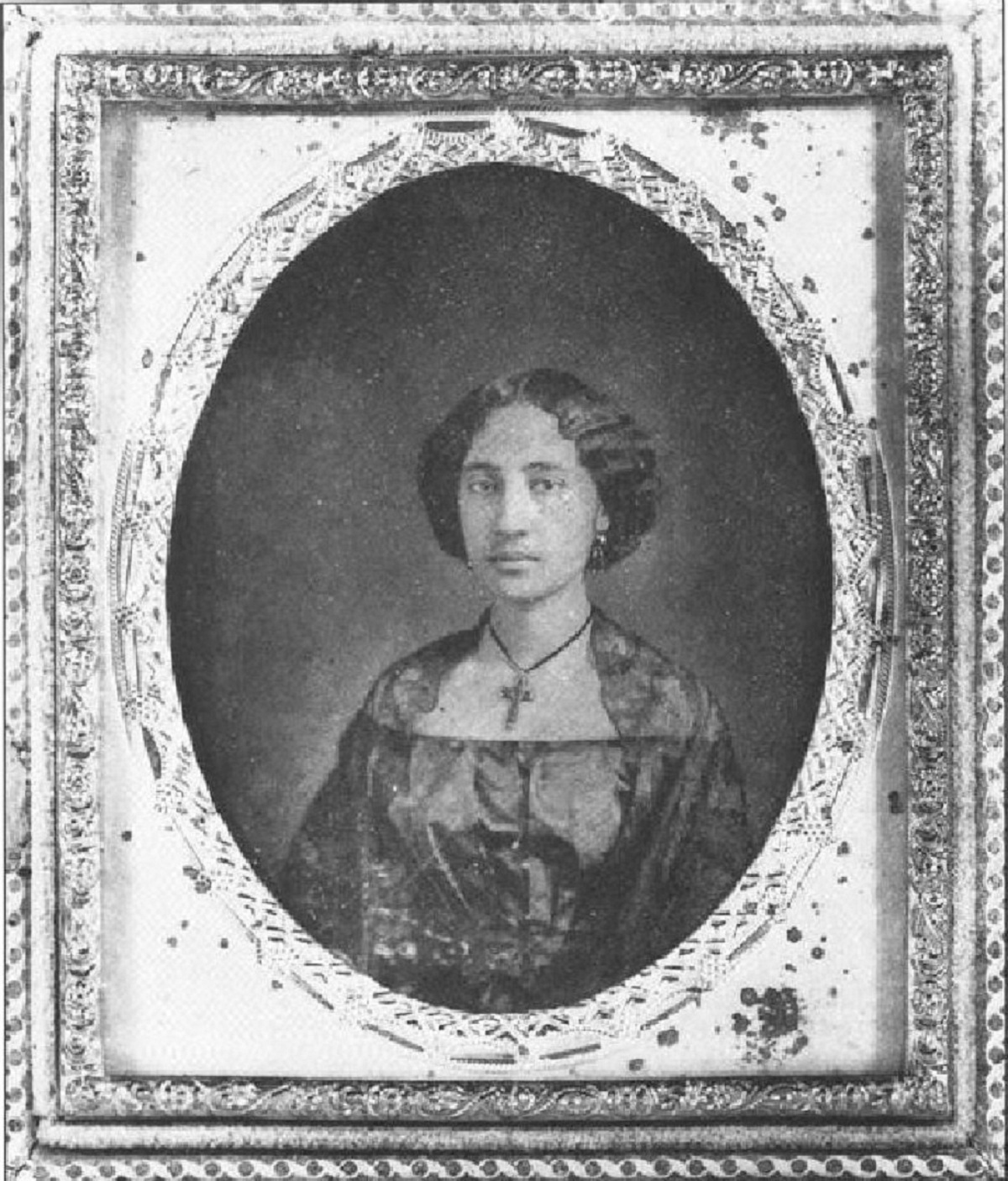How to Identify Daguerreotypes

Daguerreotypes, the first kind of widely available photographs, are considered as a treasure in this era.
A person who has a handy collection of daguerreotypes shouldn’t hesitate to declare himself/herself a millionaire. Those who love art and photography buy these photos at very high prices.
However since the daguerreotypes are valuable, a lot of cheaters try to sell fake copies. So, if you are interested in buying an old photograph, you should know how to identify it. Nobody can become an expert overnight in this regard, as you get experience with time. Knowing the basics, however, is pretty important and can save you from an expensive drudgery.
Instructions
-
1
First of all, understand the key features of a daguerreotype. It consists of an image engraved into polished silver. Therefore, the photograph gives a bright, mirror-like appearance.
-
2
Another quality of the daguerreotypes is that they are visible only at certain angles. Move the photograph back and forth in your hands, and you will realise that it becomes blurry at some angles.
-
3
The size is another key element. The original daguerreotypes were made only in limited sizes. Most of these photographs were 2¾ inches by 3¾ inches in size. However, they can be as tiny as 1 3/8 inch by 1 5/8 inch or as big as 6½ inches by 8½ inches.
-
4
Once you are sure with the size, you need to study the way picture has been mounted. Almost all the daguerreotypes were mounted behind a thin sheet of glass. Furthermore, the glass was backed with the paper tape in order prevent the silver from losing shine and colour.
-
5
Examine the frame of the daguerreotypes. These photographs were mostly protected in oval-shape frames that resemble a woman’s compact mirror. You may even find some traditional and cultural designs on these cases. It is possible to change the case of the frame, but it is not done quite often. There are chances that the photograph will be damaged while changing the frame.
-
6
The final and the most important thing is to determine the age of the photograph. The daguerreotypes were mostly made between the years 1840 and 1855. After that, other method such as ambrotypes and tintype were more common.

